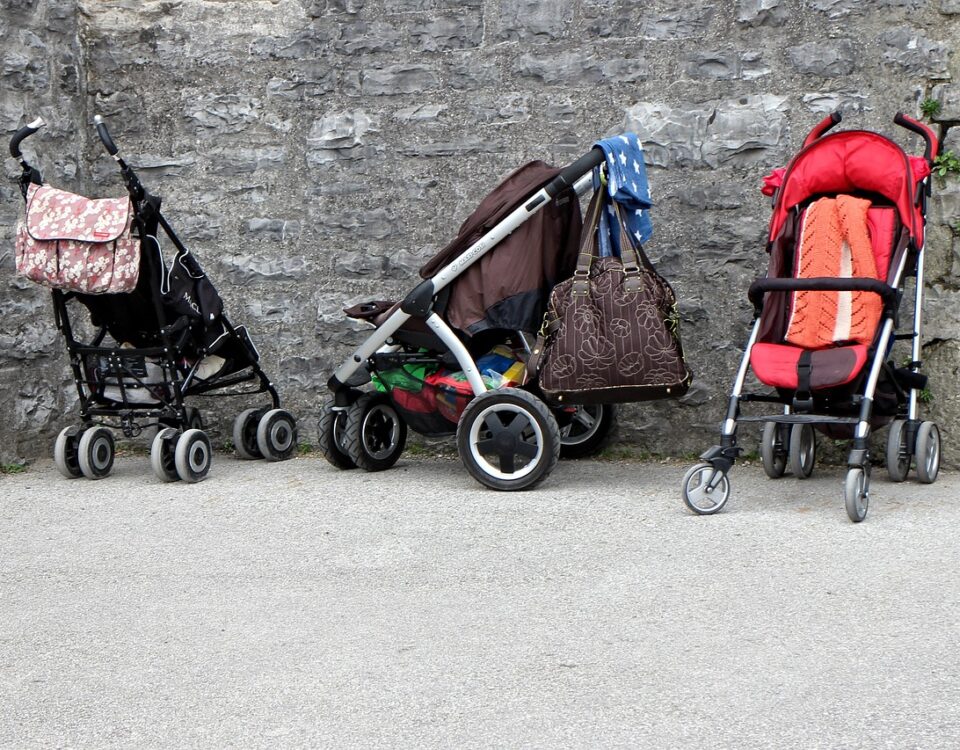
A New Message From Starbucks
April 26, 2015
Three Charts That Explain the TPP Free Trade Deal
April 28, 2015Posting a Facebook image of his €54,024 speeding ticket (close to $58,000) and a Mercedes his fine could buy, a Finnish millionaire expressed his fury. In a 50 M.P.H. zone, he had been driving 64 M.P.H.

Similarly, a Nokia executive was fined €116,000 ($103,000) for driving 75 km/h (47 M.P.H.) in a 50 km/h (31 M.P.H.) zone on his Harley-Davidson motorcycle and another gentleman was asked to pay $44,100 for zigzagging through Helsinki. After his ticket he commented, “if you earn enough you shouldn’t even touch a car.”
Progressive Punishment
In Finland, exceeding the speed limit beyond a certain amount and shoplifting are violations of the law for which your penalty is a fine based on your income. Called progressive punishment, the system penalizes the affluent more than those who have less. Day fine advocates say the system is more equitable because they make the rich experience as much pain as those with less.
Simply explained (there is lots more detail), infractions are ranked by severity. A severity “unit” then gets a multiple of a person’s daily income. That would mean (hypothetically), traveling 15 M.P.H. above the speed limit creates a fine that is 15 times your daily income; 25 M.P.H. above would be a multiplier of 20 times what you earn each day.
Called a day fine system because it seizes your day’s income, the approach was first implemented by Finland in 1921. Germany used it to diminish its prison population for any crime with a six-month or less lock-up span. While we did experiment with day fines in the U.S. during the 1980s in Staten Island, NY for crimes that ranged from loitering to theft and in Milwaukee, it never stuck. In Europe though, Sweden, Switzerland, Germany, Austria, and France have day fines.
Our Bottom Line: Progressive Taxation
Some say it is never fair for those with less to pay more and yet it happens everyday at the cash register. For every sales tax, whenever everyone pays the same amount, the poor are paying a higher percent of their income. For that reason the tax is called regressive. By contrast, as with the Finn speeder, when the more affluent pay a higher proportion of their income than those with less, the tax is called progressive.
And, whether contemplating progressive punishment or progressive taxation, we just have to decide whether we believe ability to pay should be our rationale.
![econlifelogotrademarkedwebsitelogo[1]](/wp-content/uploads/2024/05/econlifelogotrademarkedwebsitelogo1.png#100878)




